Improving Access To Health Systems Available To Older Patients
Guest post by Alex Carlin
As more Americans age in place, policymakers face a number of challenges in ensuring adequate healthcare access for older adults. A central concern is the growing divide between the services available to elders living in urban settings and those in rural communities. In less densely populated areas, which often have a higher concentration of seniors, limited access to medical resources and care professionals is increasing the risks of untreated disease, leading to higher costs and earlier death.
For this growing segment of the population, there are significant barriers to care, including lack of transportation, difficulty leaving home, and cost concerns. A study by Pew concluded that roughly 20 percent of elderly Americans, due to a lack of resources, are not fully addressing their health needs. Because of their circumstances they do not have the means to regularly visit their doctors, are unable to fill their prescription medications, and have to decline various medical tests because of cost concerns.
However, there are a number of new initiatives that may ameliorate some of the most serious problems facing older adults in both rural and urban settings.
Prescription delivery services, for instance, have become a popular option among senior residents in select communities. This unique model can in some cases offer lower copays than in-store purchases, and ensure more consistent medication regiments. For this reason, Pioneer recognized the North Carolina Mobile Medication Program in 2016 as the winner of that year’s Better Government Competition. The Mobile Medication Program offers a holistic approach to simplify care instructions through assessment and home visits.
Telemedicine systems likewise enable older adults to consult their primary care physician without having to leave home. This more active, conversational relationship between older individuals and their primary care physicians is a part of an effective preventive approach which facilitates easier access to medication and produces positive health outcomes.
Another program easing access to care is the U.S. Department of Health and Human Services Medicare-Medicaid Coordination Office. Established in 2010, this office is responsible for serving dual-enrollees and has been charged with eliminating regulatory barriers and improving care coordination. The Office’s FY2015 report to Congress outlines the areas of success and future focus.
The growth of the use of Electronic Health Records (EHRs) has likewise greatly improved seniors’ healthcare experience, facilitating unprecedented access to their medical history, which they or their doctors can make available to specialists and other physicians much more easily without compromising privacy. It has already been shown that using EHRS reduces redundancies in testing and prescriptions, and that EHRs can be a strong tool to improve care for aging citizens.
There are many developments in healthcare that older adults should be excited about. Still, fundamental challenges remain. Reforms are needed to facilitate better access to affordable healthcare options for seniors, and to more effectively coordinate care and tailor health approaches to best suit their lifestyles. Public policy reform and partnerships will be critical moving forward to ensure a high standard of living for elderly individuals, and access is key among any proposed solution.
|
NOTE: Contest deadline extended – submissions accepted until 4 pm ET on March 31, 2017.
|




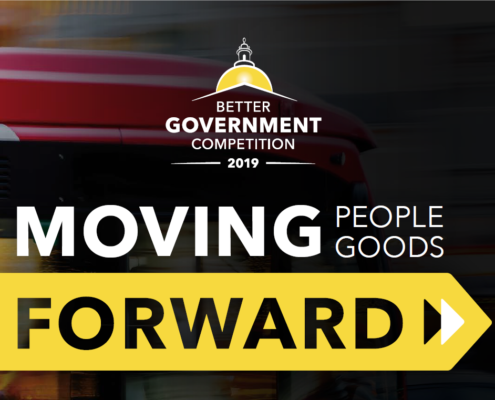
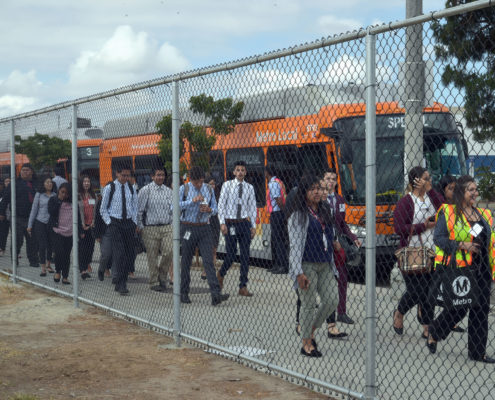
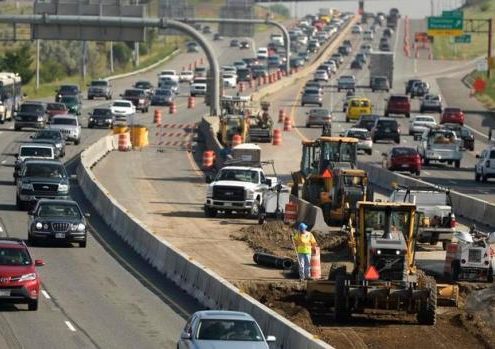
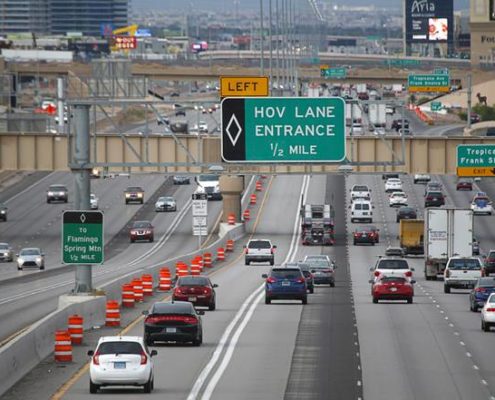
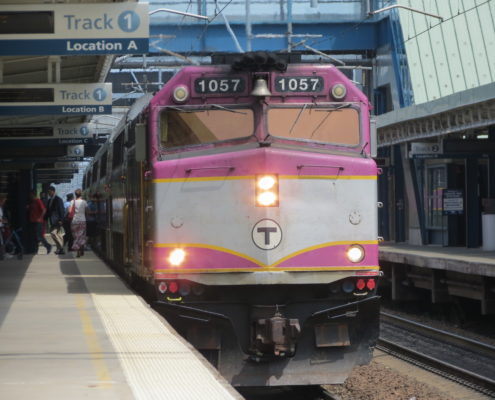




Leave a Reply
Want to join the discussion?Feel free to contribute!